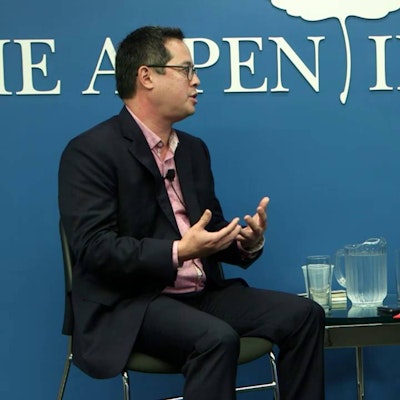
Show Notes
History is taught with textbooks and lectures, but it’s also passed down in more informal ways, within families from generation to generation. Different groups of people can become attached to varying stories of the same past, and some narratives are erased or distorted. Writer and scholar Clint Smith takes a close look at the mechanisms and consequences of those distortions in his new book, “How the Word is Passed: A Reckoning With the History of Slavery Across America.” He visited historical sites around the U.S., such as Thomas Jefferson’s plantation, Monticello, and a Confederate cemetery, and talked with docents and descendents about how they explain and make sense of what happened in those places. Smith is a staff writer at The Atlantic, and a poet and education scholar. As part of the Winter Words series from Aspen Words, he is interviewed by James Merle Thomas, a curator and art history professor, and the director of the Resnick Center for Herbert Bayer Studies at the Aspen Institute.
Explore
Related episodes


Today race is a more prominent and intransigent problem than ever.


How does "color blindness" affect social policy and racial oppression?


How does the dialogue on race continue?


Bryan Stevenson, founder and director of the Equal Justice Initiative, speaks with Harvard President Drew Gilpin Faust about his organization’s efforts to build a museum examining the legacy of slavery, racial terrorism, segregation, and police violence.


Author Jeff Chang says America has slid back toward segregation.






